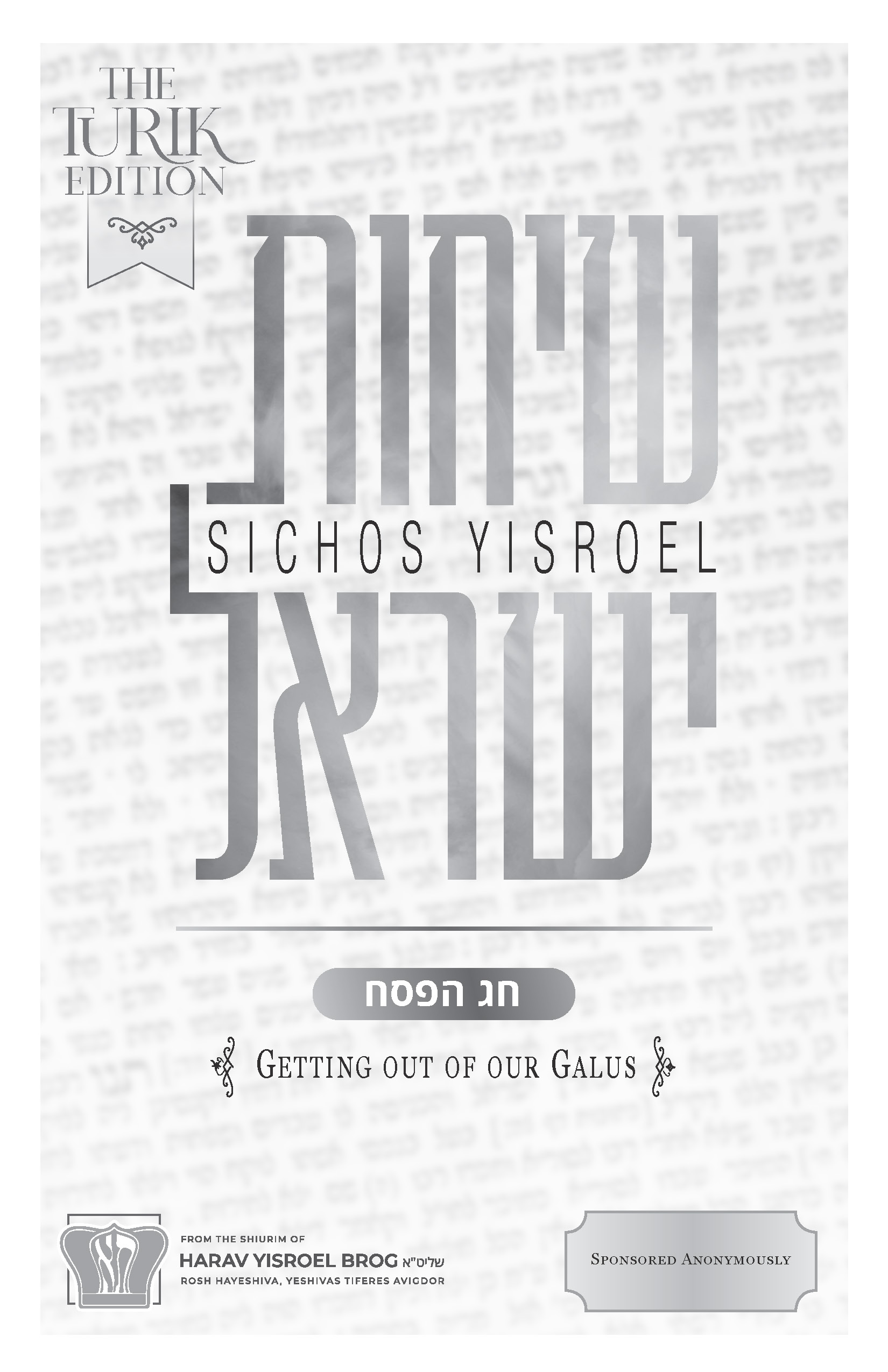
Similar Posts
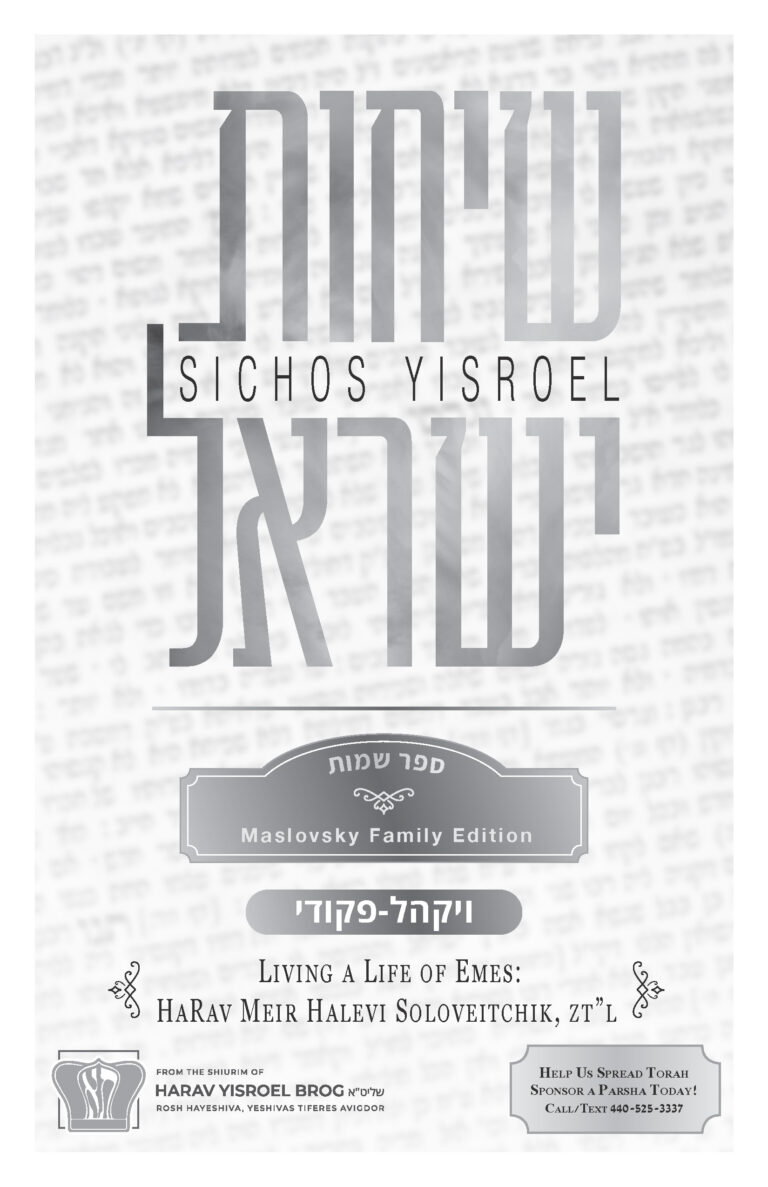
Vayakhel/Pekudei 5783: Living a Life of Emes
Before I start the shiur, I want to pose a question. Maybe someone out there will have a good answer. I have noticed that they closed down all the yeshivos, talmud Torahs, the yeshivah ketanos, the batei midrashim and the kollelim. Baruch Hashem, an “amazing” accomplishment. Whose hachra’ah was that? Did it come from the rabbanim sitting together and thinking and planning? No. Most rabbanim understand that you don’t do this. But today, the Satan is very strong, so they brought police and medical people to
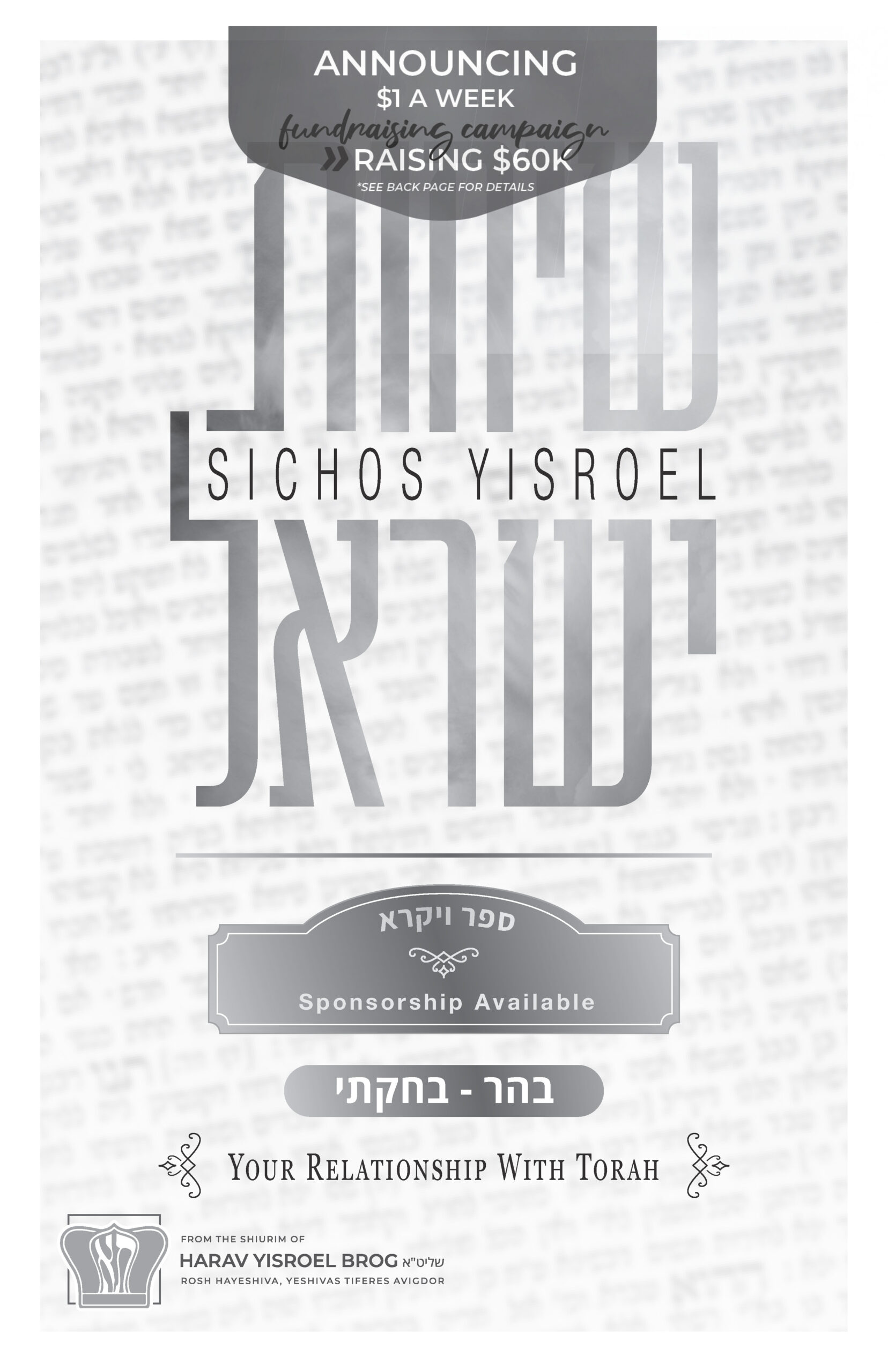
Behar/Bechukosai 5783: Your Relationship With Torah
Parshas Bechukosai falls out almost every year right before Shavuos, or close to Shavuos. The subject of Parshas Bechukosai, as many people will tell you, is klalos and brachos, or tochachah. But the emes is that tochachah is only the end result. Many of us deal with symptoms but we don’t think about the reason for the symptoms. You always have to search for the reason for the symptoms.
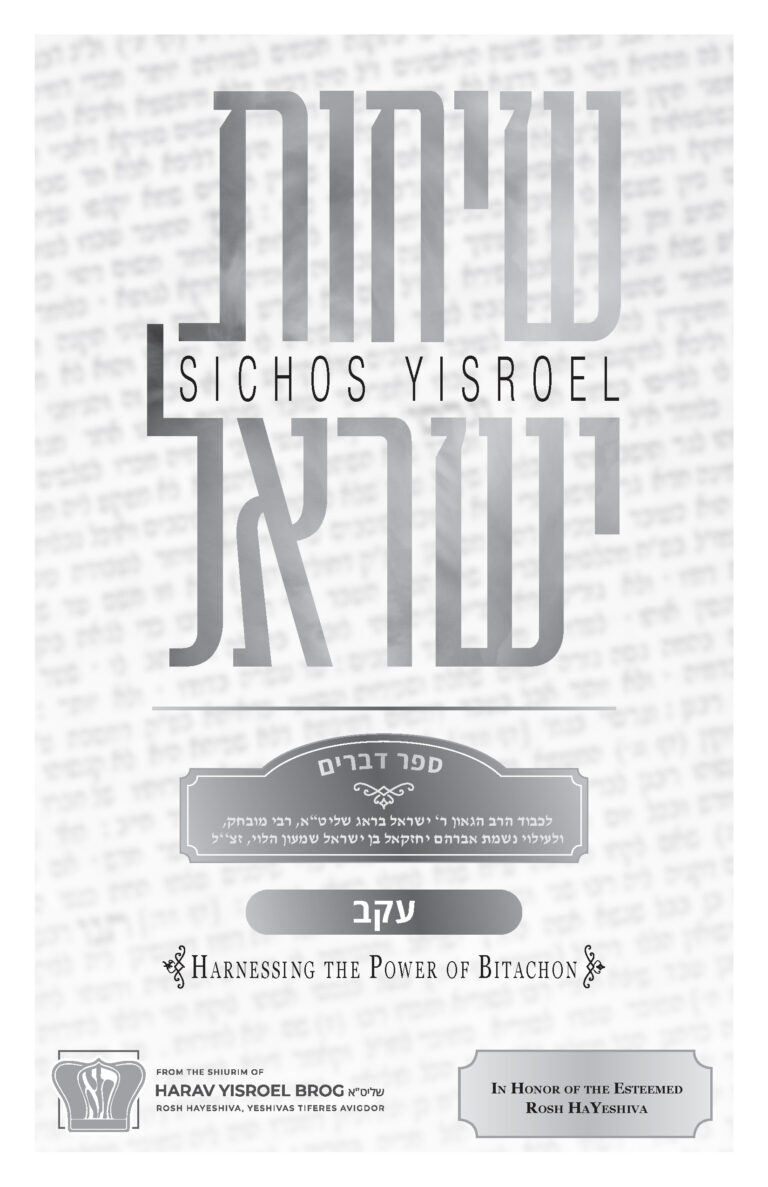
Eikev 5782 – Harnessing the Power of Bitachon
Today we will begin with our first shiur for this tekufah on the subject of bitachon. We spoke numerous times about emunah, but bitachon is where the power begins. Emunah is the seed or the tree, while bitachon is the fruit.[i] Emunah is the study of the halachah, whereas bitachon, in the words of the Chazon Ish zichrono levrachah, is the halachah lema’aseh.[ii]People don’t realize that the Torah teaches us how to behave in every situation.
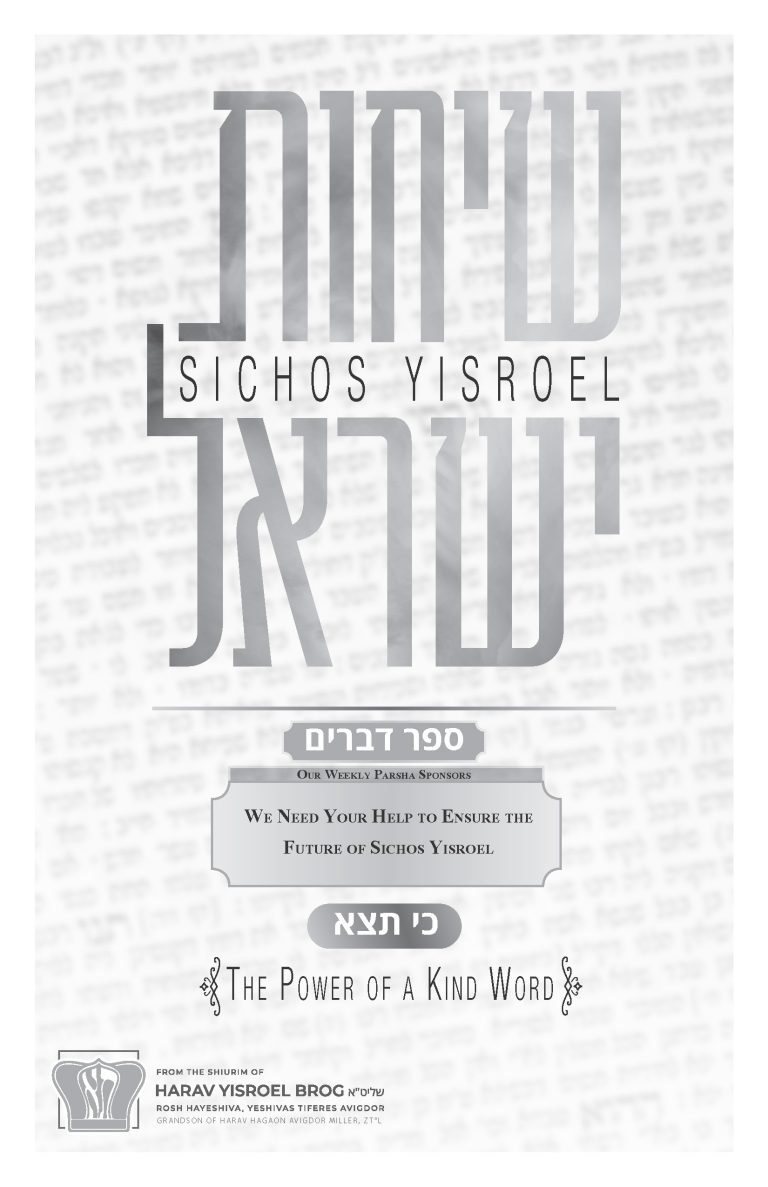
Parshas Ki Seitzei: The Power of a Kind Word
In this week’s parshah, it says that somebody from the nation of Amon or Moav cannot become part of the Jewish nation. Even after ten generations they can’t come bekahal Hashem forever. Why not? Because of the matter that they didn’t present you with bread and water on the road when you were leaving Mitzrayim. Now, this is an amazing thing.
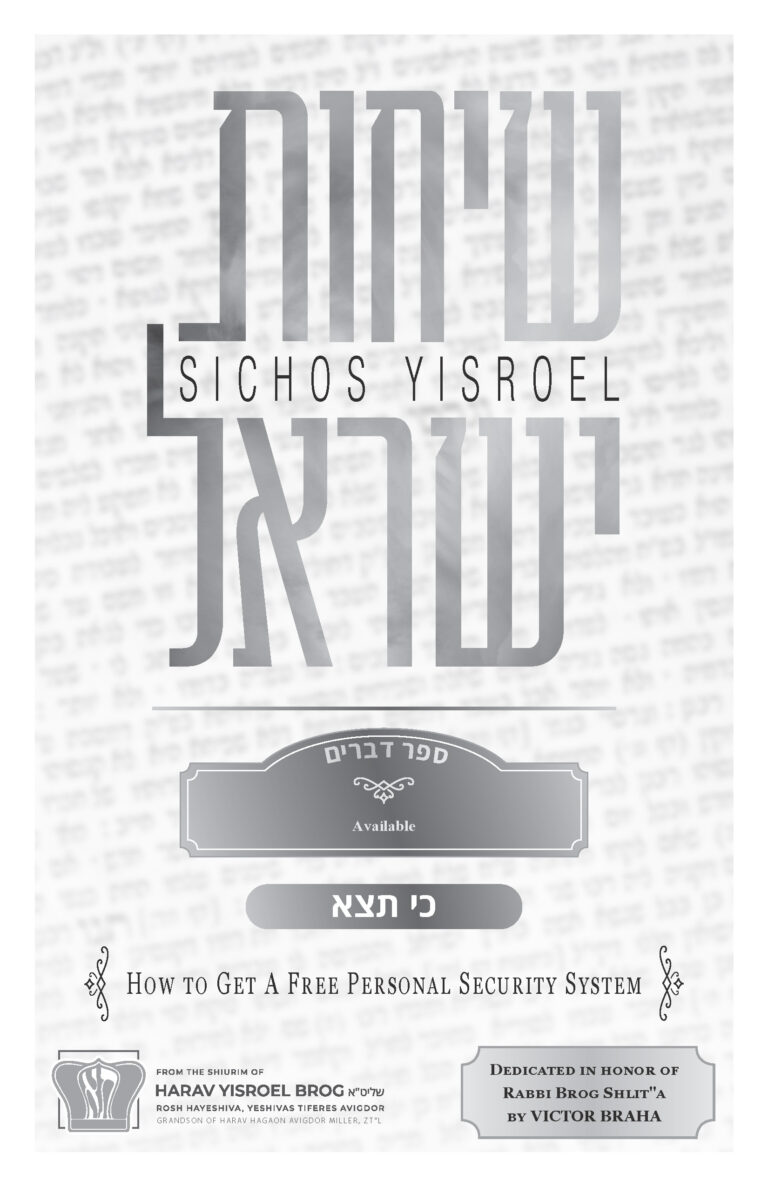
Ki Seitzei 5783: How to Get A Free Personal Security System
Rav Chatzkel Levenstein, the mashgiach of Mir Yeshiva, once came into the beis medrash of Mir and went over to two bochurim who were learning and asked them what day in Elul it was. They didn’t know right away, so they started to make a cheshbon, trying to remember when Rosh Chodesh Elul was. One of them turned to the other and asked, “Nu, what day of Elul is it?” His chavrusa said, “It’s either the 9th or 10th of Elul.” When Rav Chatzkel heard this, he gave a shrei and said, “Bochurim! You don’t know what day it is in Elul?!
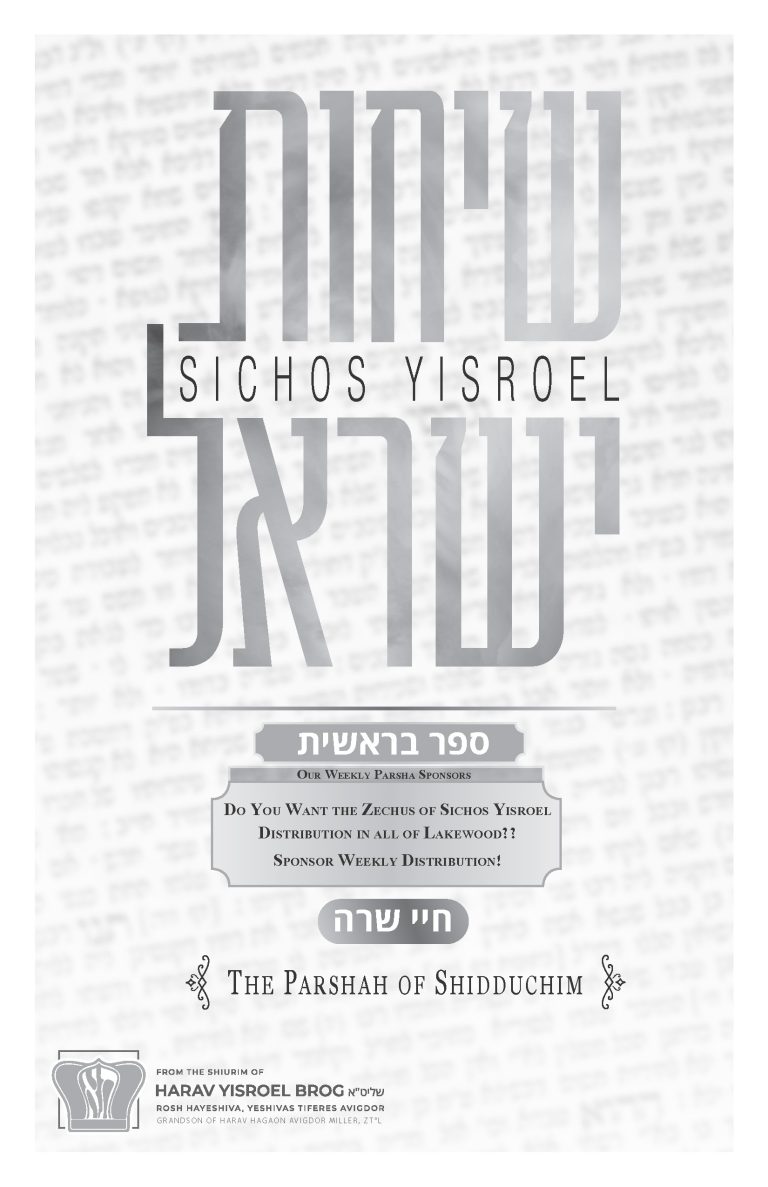
Chayei Sarah 5785: The Mechanics of Middos
In this week’s parshah, we see a very interesting criterion for a shidduch. Eliezer is sent by Avraham Avinu as a shaliach to bring about one of the biggest shidduchim in history. The Torah tells us that Eliezer davened to Hashem to send him the right girl for Yitzchak. Now, Yitzchak was known for his tremendous and amazing yiras Shamayim. If you were to ask me to tell you what to look for when seeking a shidduch for Yitzchak, I would say you should find a girl who also possesses tremendous yiras shamayim. That would be a match.